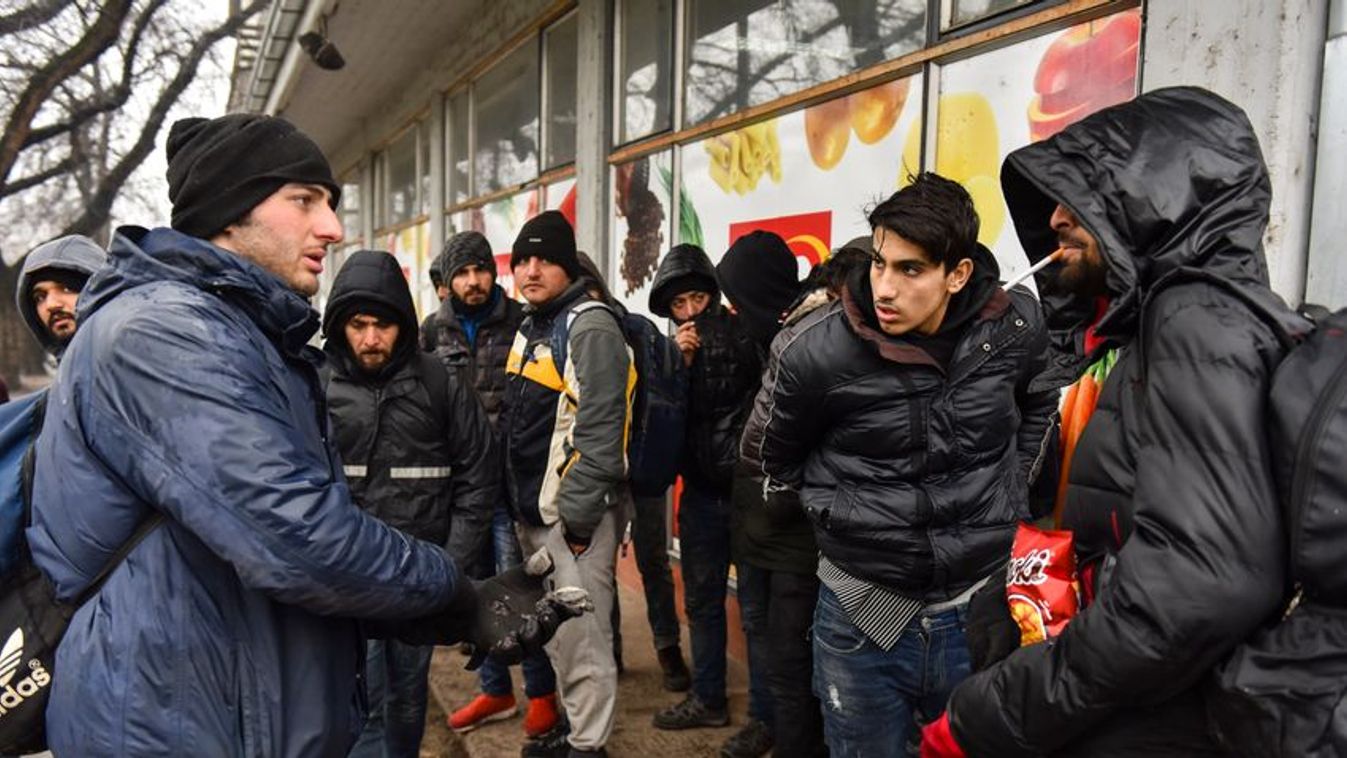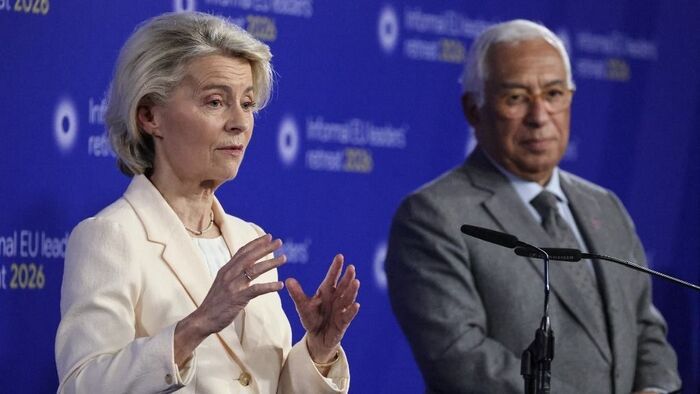One key point of the recently published national security report, which also explores the links between illegal migration and terrorism, is that the Taliban intelligence service has taken direct control of the Afghan people-smuggling groups operating in Vojvodina. At the same time, however, the intense rivalry and a so-called "willingness to use violence" have also grown among these groups. The individuals who emerge in these increasingly radical gangs are in fact relatives of members of Afghanistan's Taliban government and the Haqqani Network, a militant organization allied with the Taliban and registered as a terrorist group.
As the national security report points out, the emergence of a criminal network with ruthless and openly violent members is a particular risk in this situation. These groups have brought with them from home an attitude that there is glory in attacking and defeating the enemy soldier.
According to the report, the armed clashes in Vojvodina are the result of a turf war between two Afghan groups, namely 313 and 40-059, with both operating as human smuggling networks.
In terms of group 40-059, the document mentions that they no longer recruit their clients on TikTok, and that the style of the group's videos resemble the clips previously released by Al-Qaeda and the Islamic State. These videos tend to showcase their own fighting skills and strengths.






















Szóljon hozzá!
Jelenleg csak a hozzászólások egy kis részét látja. Hozzászóláshoz és a további kommentek megtekintéséhez lépjen be, vagy regisztráljon!